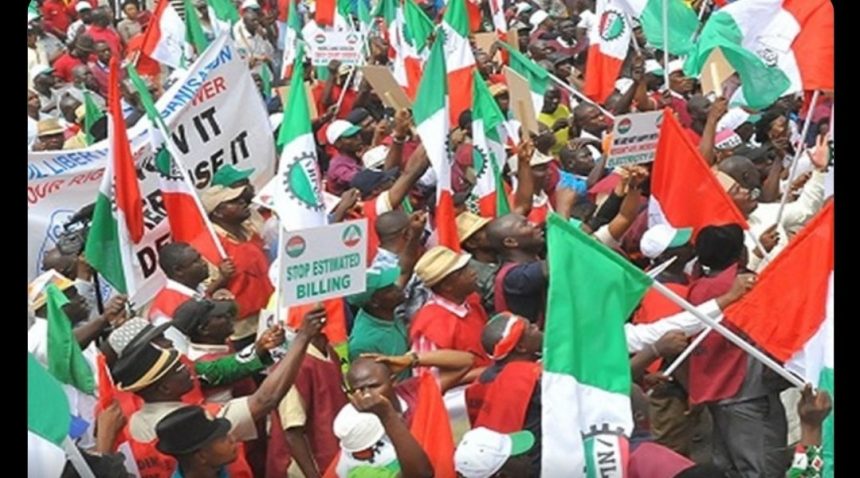In a heartfelt appeal to address the struggles of Lagos workers, Sessi Funmi, the Lagos State chairperson of the Nigeria Labour Congress, has called on the government to tackle the growing housing crisis and improve infrastructure. Speaking with HousingTVAfrica,
she painted a vivid picture of the unique difficulties faced by workers in Lagos, a city where high accommodation costs and inadequate housing options force many to seek refuge in neighbouring Ogun State, often at great personal and financial cost.
Sessi’s remarks came with an urgency that reflects the deep frustrations of workers who feel trapped in a system that fails to meet their basic needs. She emphasized the importance of the Lagos State government partnering with private investors to develop affordable housing estates in underutilized regions such as Badagry, Ikorodu, and Epe. These areas, she argued, hold the potential to become hubs of residential growth if properly invested in.
“Workers want to live within Lagos,” she said, her tone marked by a mix of determination and exasperation. “But when housing becomes unaffordable, they are forced to relocate to Ogun State. Yet, Ogun State benefits from our taxes without making corresponding investments in infrastructure. This is not sustainable for the workers or the economy.”
Her critique of Ogun State’s infrastructure was blunt and direct. She described the condition of road networks in areas like Akute and Abeokuta as “terrible and bad,” accusing the state government of reaping the financial rewards of Lagos-based workers’ taxes without offering any meaningful infrastructural development in return. “You are just collecting these taxes without providing infrastructure. This neglect is unacceptable,” Sessi declared, echoing the sentiments of thousands who endure hours of gridlock and crumbling roads daily.

The issue, she explained, is not merely about housing or taxes but the ripple effect it creates in the lives of workers. Forced to live far from their workplaces, many endure long commutes, reduced family time, and higher transportation costs. The psychological toll, combined with the physical strain of navigating congested and poorly maintained roads, has left many workers feeling disillusioned and frustrated.
Sessi’s message extended beyond criticizing the government. She turned her attention to the workers themselves, urging them to embrace integrity and accountability in their professional lives. Her words were a sobering reminder of the broader societal issues plaguing Nigeria. “Let us do the right thing,” she implored. “Many of us have thrown our family names into the mud, and our children are suffering the consequences of a broken system. We have a role to play in rebuilding this nation, starting with our own actions.”
As 2025 begins, Sessi expressed cautious optimism about the promises made by the Lagos State government. Governor Babajide Sanwo-Olu’s budget commitments for housing and infrastructure were singled out as key areas that could alleviate the plight of workers if executed effectively. However, Sessi’s optimism was tempered with a clear warning: words must translate into action.
“Collaboration between workers and the government is critical for industrial harmony and progress,” she said. Her statement underscored the need for a symbiotic relationship where both parties work towards shared goals rather than operate in isolation or conflict.
Sessi’s appeal resonates far beyond Lagos. It is a reflection of the broader challenges facing Nigerian workers, who often find themselves caught in a web of inadequate governance, systemic corruption, and dwindling economic opportunities. Her call for affordable housing in Lagos is not just about shelter but about restoring dignity, stability, and hope to the lives of workers who form the backbone of the city’s economy.
As the year unfolds, the eyes of Lagos workers will remain firmly fixed on the actions of their leaders. Will promises of affordable housing and infrastructure improvements materialize, or will they remain another chapter in the long history of unfulfilled political pledges? For now, the voices of those like Sessi Funmi ensure that these issues remain front and center, demanding the attention they so urgently deserve.



